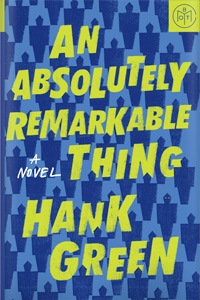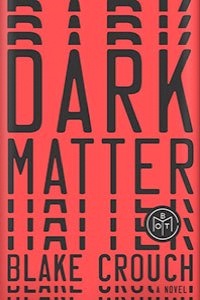

Sci-fi
The Impossible Fortress
Debut
by Jason Rekulak
View audiobook
Quick take
When you’re trapped in the prison of adolescence, you only want to break out, like the hero of an old Atari game.
Why I love it
Tyler Coates
Esquire
Being a 14 year-old, for lack of a better word, sucks. Everything seems to be changing around you and inside you. You have to worry about your future for the first time; suddenly every grade matters (even P.E.!), and everyone seems to have a test for you nearly every day, school-related or not. And then you somehow have to navigate the newly complex social circles of high school, dodging bullies and figuring out how to interact with members of the opposite sex.
Billy Marvin, the protagonist of The Impossible Fortress, is facing all of these problems head-on. And what’s worse? He’s doing so in 1987 at the dawn of the computer age. He can’t rely on email for his communication (CompuServe messages, after all, were not instant). And as a semi-closeted computer geek, Billy has to keep much of his interests in computer programming to himself, since his best friends are too obsessed with fast-forwarding Kramer vs. Kramer to spot a brief nude scene or developing an elaborate heist to procure the coveted issue of Playboy that features a spread of Vanna White.
There’s enough '80s nostalgia in The Impossible Fortress to rival Stranger Things, but Rekulak’s debut novel isn’t just a book for '80s babies'—it’s a book for anyone who ever felt like a weirdo as a teenager. Or whose friendships were based on proximity rather than common interests. Billy’s stuck there, although he does find an unexpected friend in Mary Zelinsky—a girl, sure, but someone who shares his passion for computers and building games.
As Billy and Mary teach themselves code and complete their first video game opus in order to compete in an old school programming competition. I couldn’t help but remember my own teenage years. I was more into reading books than computers, but I was, like Billy, uninterested in what most of my peers liked to do (playing sports and scheming to see boobs). The Impossible Fortress makes Billy’s seemingly fleeting desires and frustrations feel real and poignant. When you’re trapped in the prison of adolescence, you only want to break out, like the hero of an old Atari game—even if all of that angst seems pretty hilarious in hindsight.












